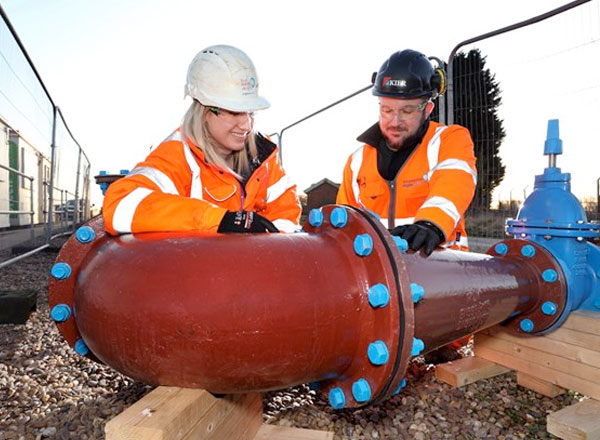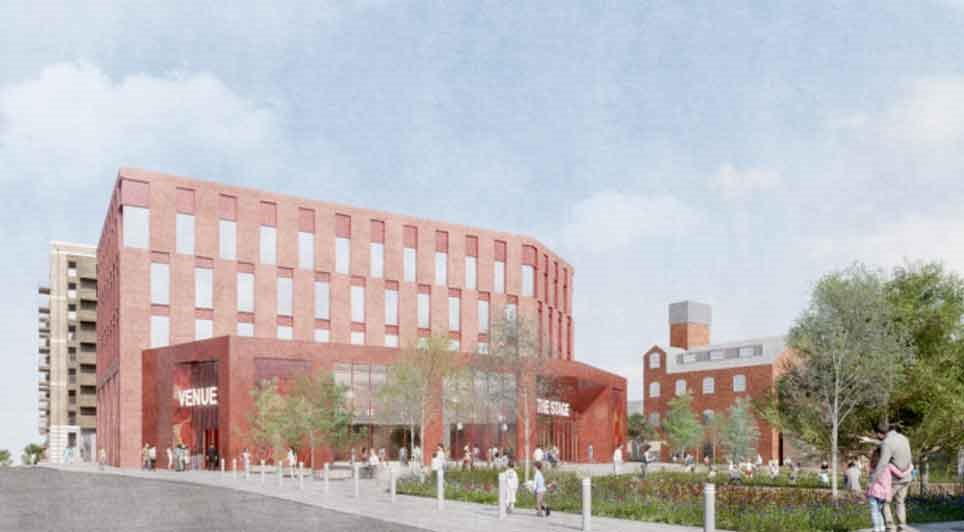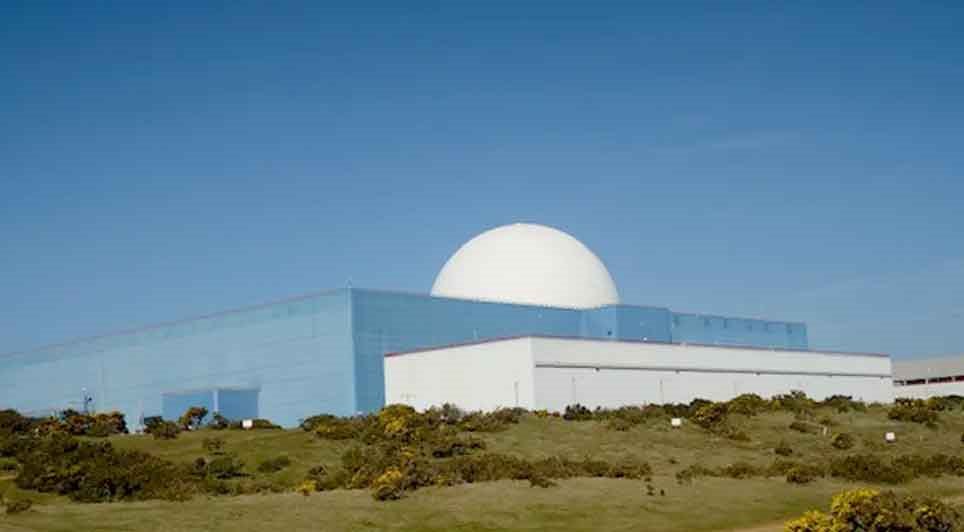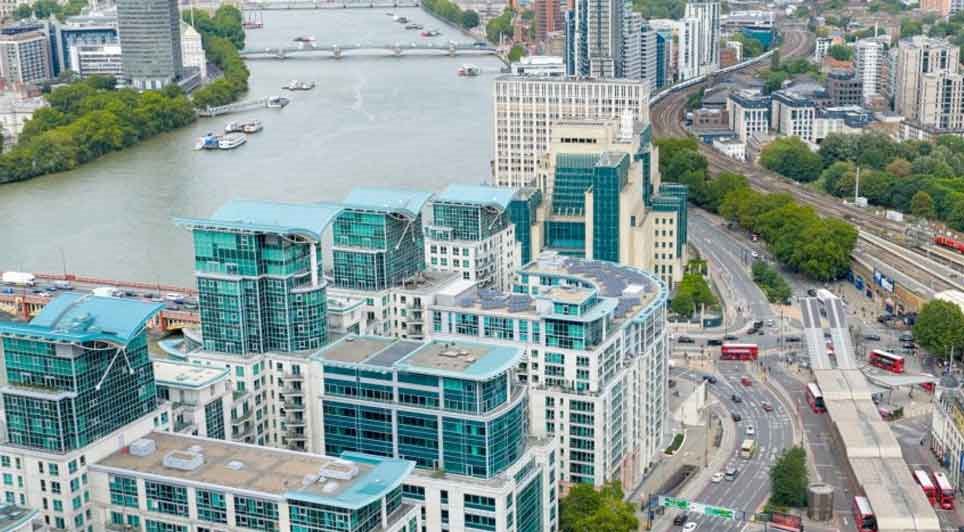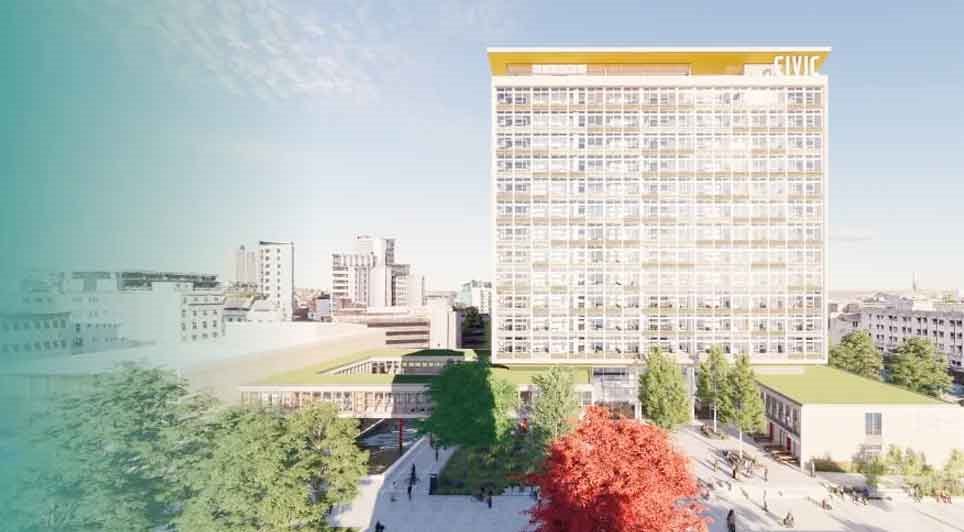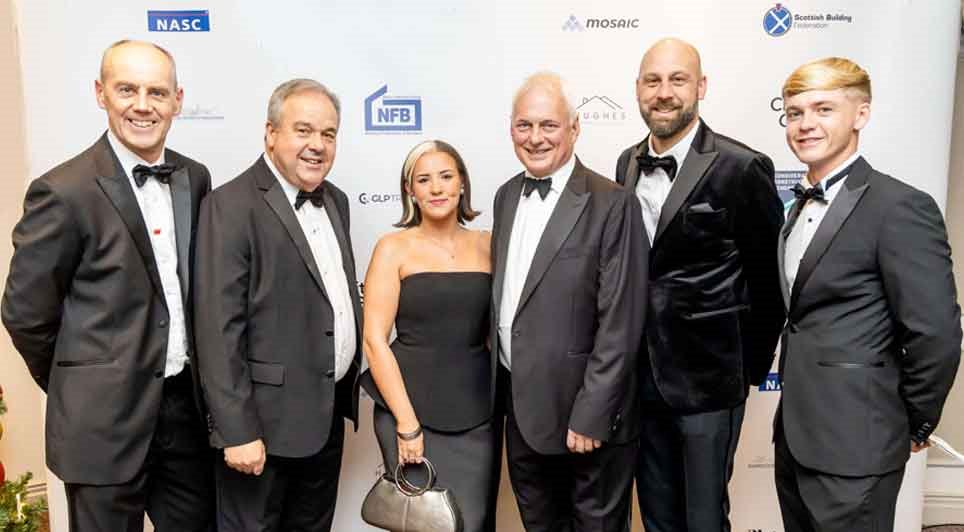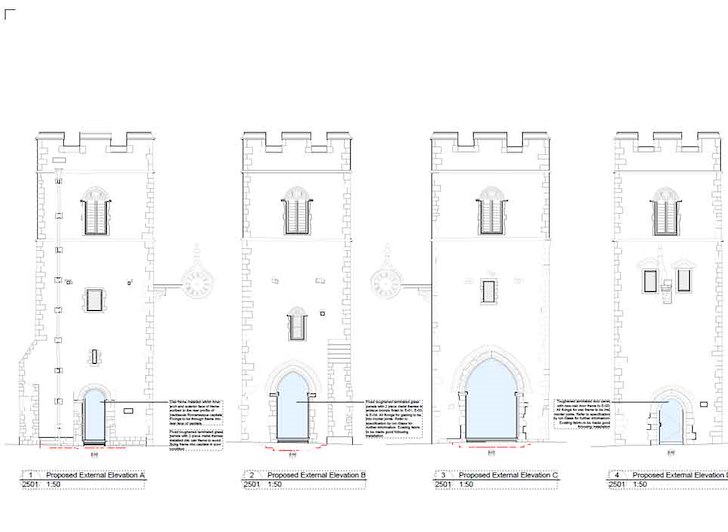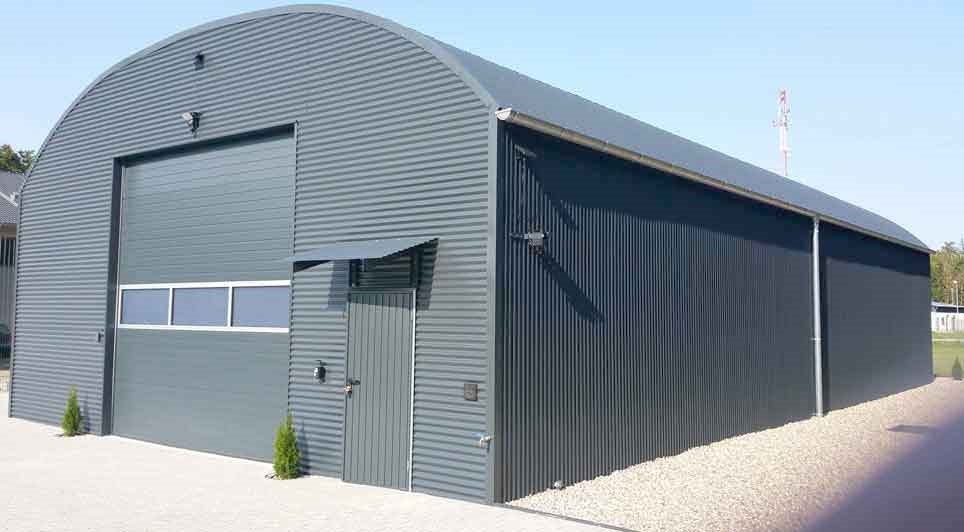A new innovative trial has been launched which looks to deliver a different way of detecting leaks within the Anglian Water pipe network.
Contractor Kier has partnered with CRALEY Group on the trial, which will see fibre optic cables installed into a purpose-built model section of pipework in Lincolnshire. Engineers will use this trial section to vigorously test the live installation and extraction of the fibre optics to demonstrate its leak detection capabilities.
This pilot utilises ground-breaking iSMTM technology, whereby thousands of virtual sensors provide immediate data on the pipeline.
Barry McNicholas, group managing director at Kier Utilities, said: "We are delighted to be working with our partners Anglian Water and CRALEY Group to pilot this exciting new technology. It has the potential to transform how our industry detects water leaks.
"Working collaboratively, we are dedicated to finding innovative solutions for our clients which in turn allows them to provide a first-class service to their customers."
Hayley Bruce, Project Manager for Anglian Water believes this project has the potential to revolutionise the local water network.
"Despite being the best in the business, we know we must go even further as it's one of the most important things to our customers and the wider environment," she added. "Anglian Water was the first company to use thermal imaging drones and naval hydrophone technology to help us find leaks – this could be the next tool in our armoury in the war against leakage.
"In terms of leaks, because we're industry leading, gone are all the low-hanging fruits and quick wins, we're now into the realms of tracking down really hard to find leaks, long before they're visible to the naked eye. Over the last five years we've invested £120million in driving down leakage, and our targets are now even tougher. We're working towards further reduction of over 15% by 2025 meaning we'll be a world leader in low levels of leakage.
"We're exploring every avenue of engineering available to us to continually be better, and technology like this could revolutionise our ability to meet those tough targets."
(CM/JG)
 UK
UK Ireland
Ireland Scotland
Scotland London
London

